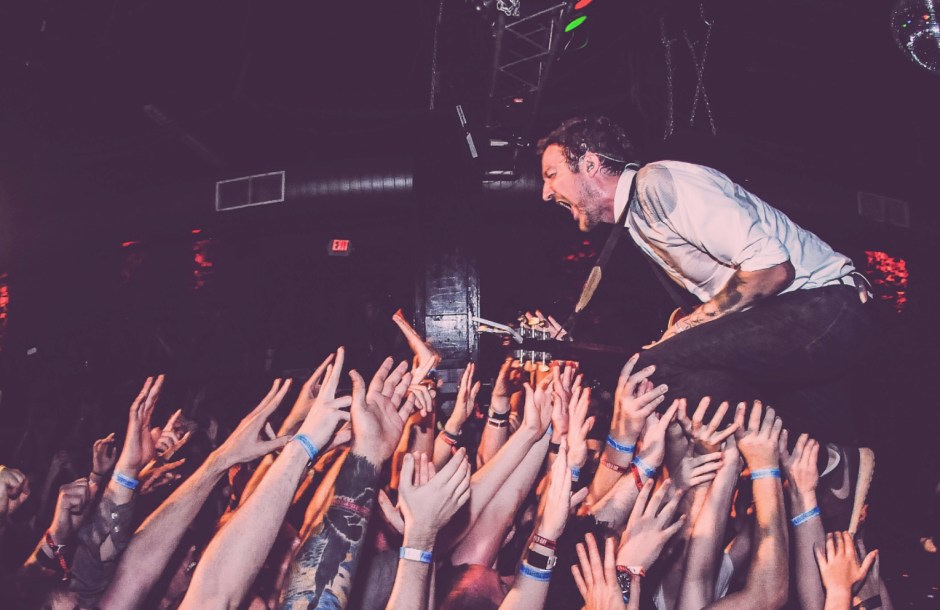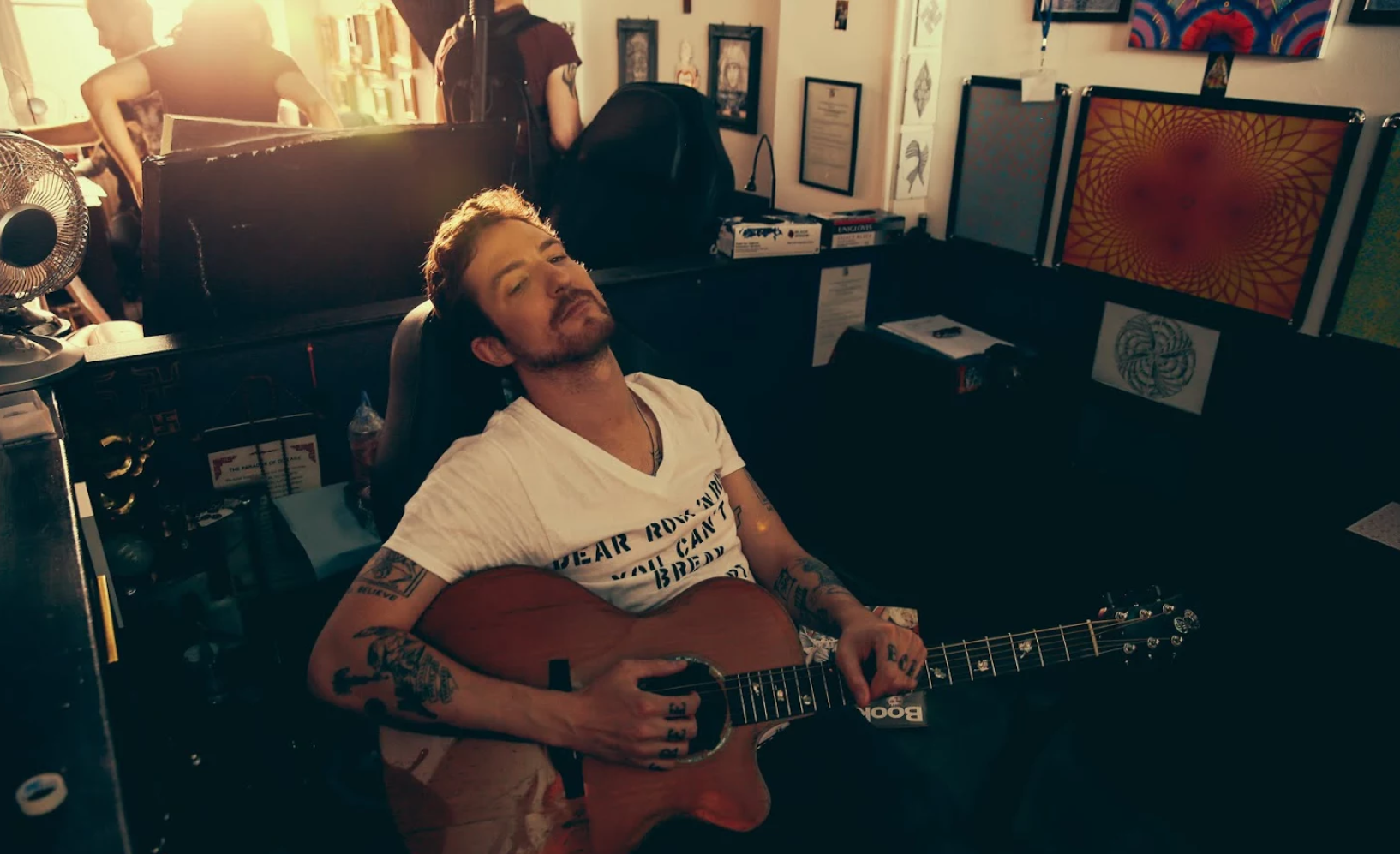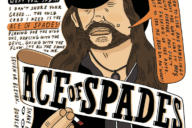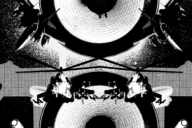I’ve been a Frank Turner fan for years, and was excited that 2015 was going to play host to the release of his sixth studio album and a mammoth UK tour.
Over the last few years the word ‘sold out’ has sat ubiquitously next to Turner’s name and it’s been pleasing to see an accomplished, modest musician ride the wave of success to establish a position as one of the UK’s most-loved (original and interesting) rock musicians.
He sees his new album as “a summation of the first five records,” and it lives up to its title. Visceral, pumping rock meets hints of the acoustic home and heart we find in Tape Deck Heart, it triumphantly brings together soft acoustic melodies and pounding, sweat-inducing punk. His ability to write lyrics with raw honesty and passion make the new tracks positive songs for negative people, positive people, and actually just about anybody who had made it through the storm.
I was able to grab some time with Turner this week and was keen to hear if the humble, sofa-surfing Frank from years ago was not forgotten. Having voiced before that music should be created away from any rules dictating how you should be doing it, I wanted to know if this still stood strong, or had success brought with it any processes and influences from others.
“This is my sixth album as a studio artist and I made records with other bands before that, so it was nice this time round. I knew exactly what I want to do and I feel like now I know how to do it. Even though it was a collaborative process, with producer Butch Walker… it was easy. And, yes, there was no hierarchy.”
Frank sees “music” and “the music business” as separate things and believes that whatever happens in the outside world, the art of music will continue to exist and do its thing away from everything else. Much like him.
Watching musicians tip over that point into the world of being a well-known artist with a growing fan base, things can go one of two ways. An artist (and anyone) naturally changes, but for me Frank Turner always gives a true, stubborn sense of who he is and what he wants to achieve, both in interviews and in his introspective music. With a catalogue of uplifting songs that celebrate change, experience and staying true to yourself, I wondered if Turner was in a period of transition.
“I will always just try and do what I do in a way that seems right for me… and get on with it. I’ll just keep making music in a way that’s right for me and hopefully people will keep liking it!”
Reflecting on stand out moments, Frank has said before that he doesn’t think any of this will last. Did he still feel the same way? “I always think it’s important to be realistic – the music business is fickle and I don’t want to get caught unawares by reality. I’ve seen people in my life who have been marginally successful and then sat on their arse and thought ‘well obviously this is going to last’. I am just grateful, and making the most of this while it’s happening.”
As someone who says he’ll be spending “the rest of his life” on tour, it’s an understatement to say that Frank Turner holds importance on his live performances. Anyone that’s seen him live will know the strong connection he evokes between himself and his audience.
For an artist who thrives being on the road (to date he’s played 1,716 live solo shows – he’s counting) and whose music prospers from travelling, moving and changing, I wanted to know if the feeling of playing live was still the same 10 years on? Having spent a few recent gigs surrounded by other people’s devices, I drop this topic into conversation too.
“That connection, to me… that’s what live music is about, what all music is supposed to be about – establishing a connection and experiencing something happening together. If you shove a metallic pixelated screen between it, it breaks the spell.”
So, what would Mr Turner want you to take away from this interview, then? I end by asking if there is anything else he wants to talk about. “just come on down to the show and let’s all hang out!”
Ending on a quick statement, I’m suddenly taken back to something he said at the start of our interview: “I’m not some sort of grand moral crusader who is trying to lead by example, or anything ridiculous like that. I feel quite strongly that it’s not up to me to dictate audience behaviour. It’s not up to me to tell people what to do.”
Indeed, I have heard Turner say before in interviews that what each person feels from a piece of music is completely individual – that’s the beauty of music itself and as an artist he’d never preach any moral message.
Music is a collaboration between two parties and we’re always going to bring our own meaning along. As with my questioning, I realise as journalists we present questions and spark discussions that interest us as well as the individual we’re talking to. In any situation, as Turner does in his music, we’re always considering our own self.
I think he would want us to celebrate that over all else.
“I could have been anyone, but I ended up being me.” Frank Turner, Josephine
Beccy Rimmer








